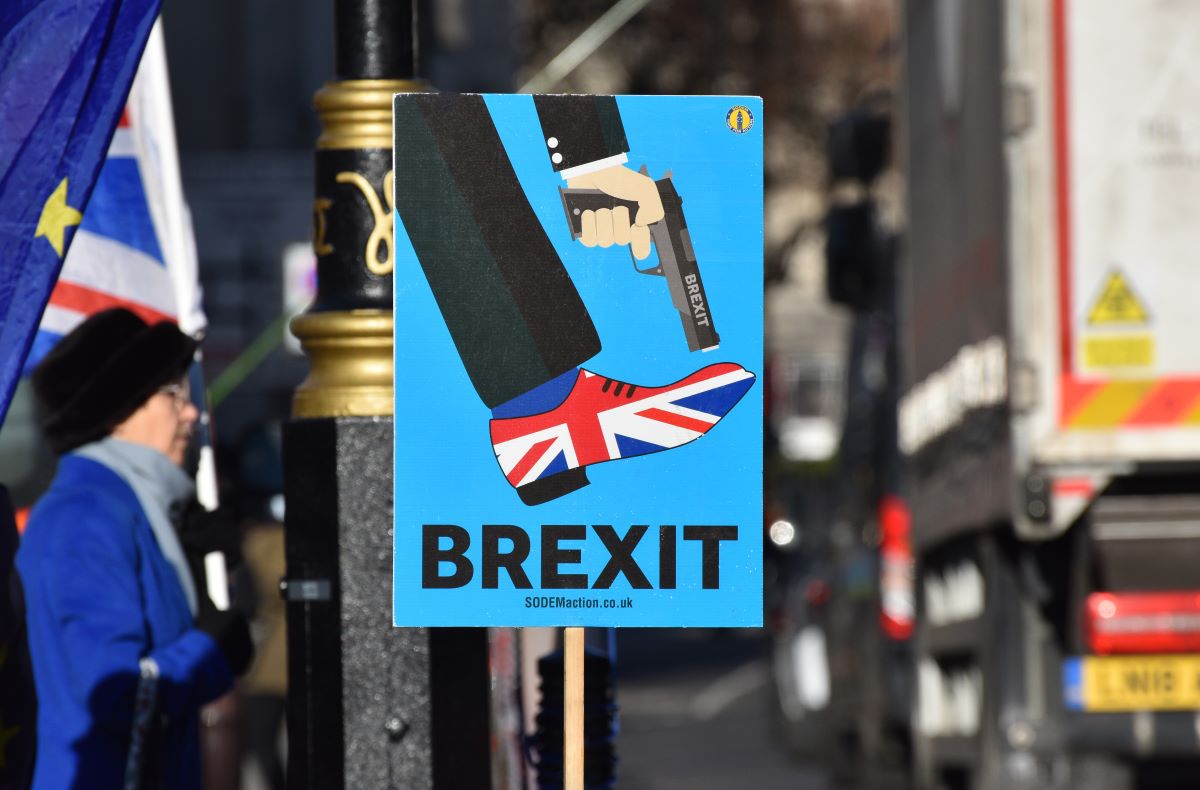When the UK voted to leave the EU, many hoped for renewed independence and prosperity. Instead, we’ve encountered a series of setbacks and struggles. Do you feel the weight of Brexit’s ongoing costs in your daily life?
1. Economic Slowdown
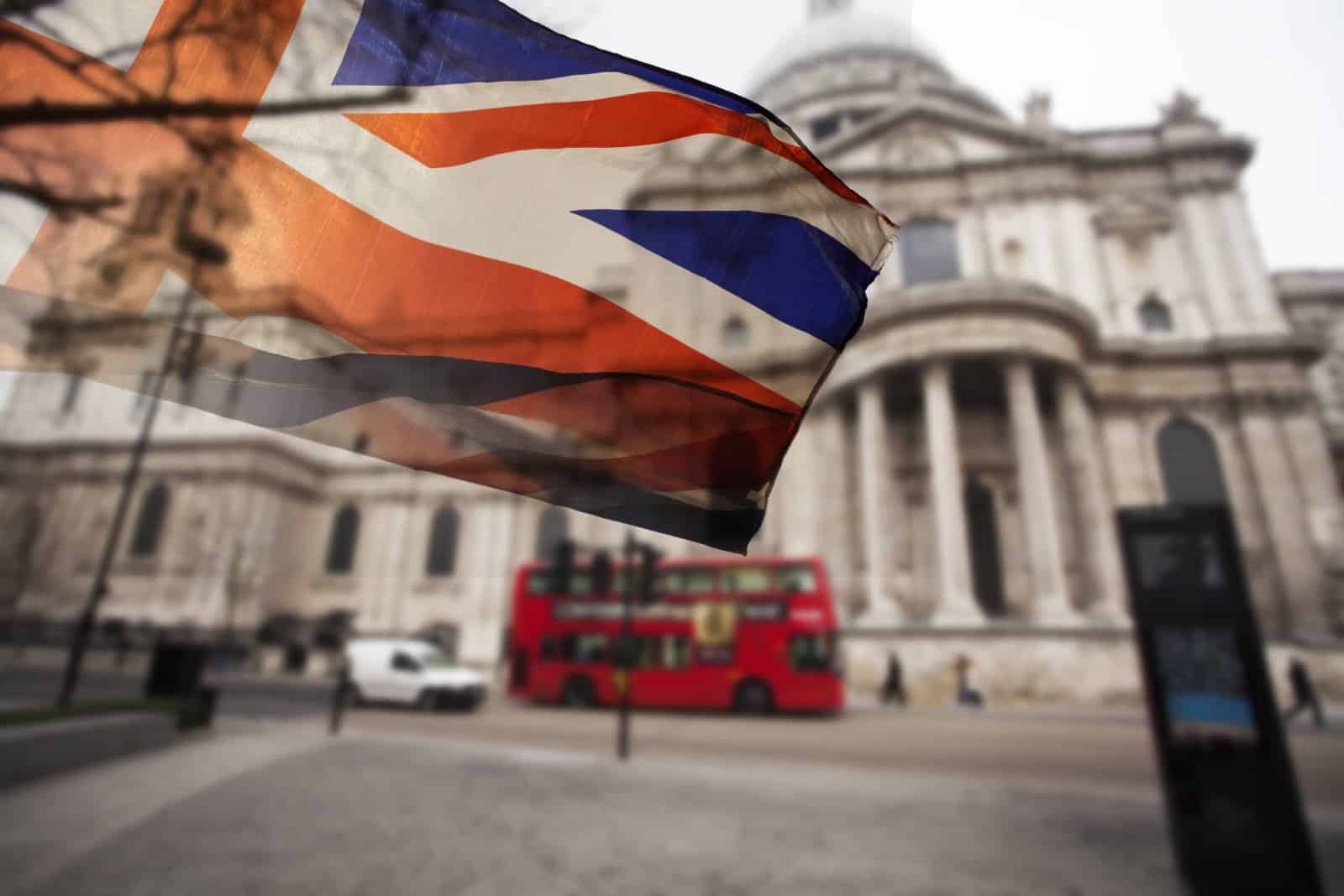
Brexit has slowed economic growth. Businesses face uncertainty, and investments have dropped, hitting our economy hard.
2. Trade Barriers

New trade barriers with the EU have disrupted supply chains. Small businesses are struggling with increased costs and paperwork.
3. Job Losses

Many companies have relocated to the EU, leading to job losses at home. Sectors like finance and manufacturing have been hit the hardest.
4. Price Increases

Import costs have risen, making goods more expensive. Everyday items, from food to electronics, now cost more than before.
5. Decline in Foreign Investment

Foreign investment has plummeted since Brexit. Investors are wary of the UK’s uncertain future outside the EU.
6. Labour Shortages
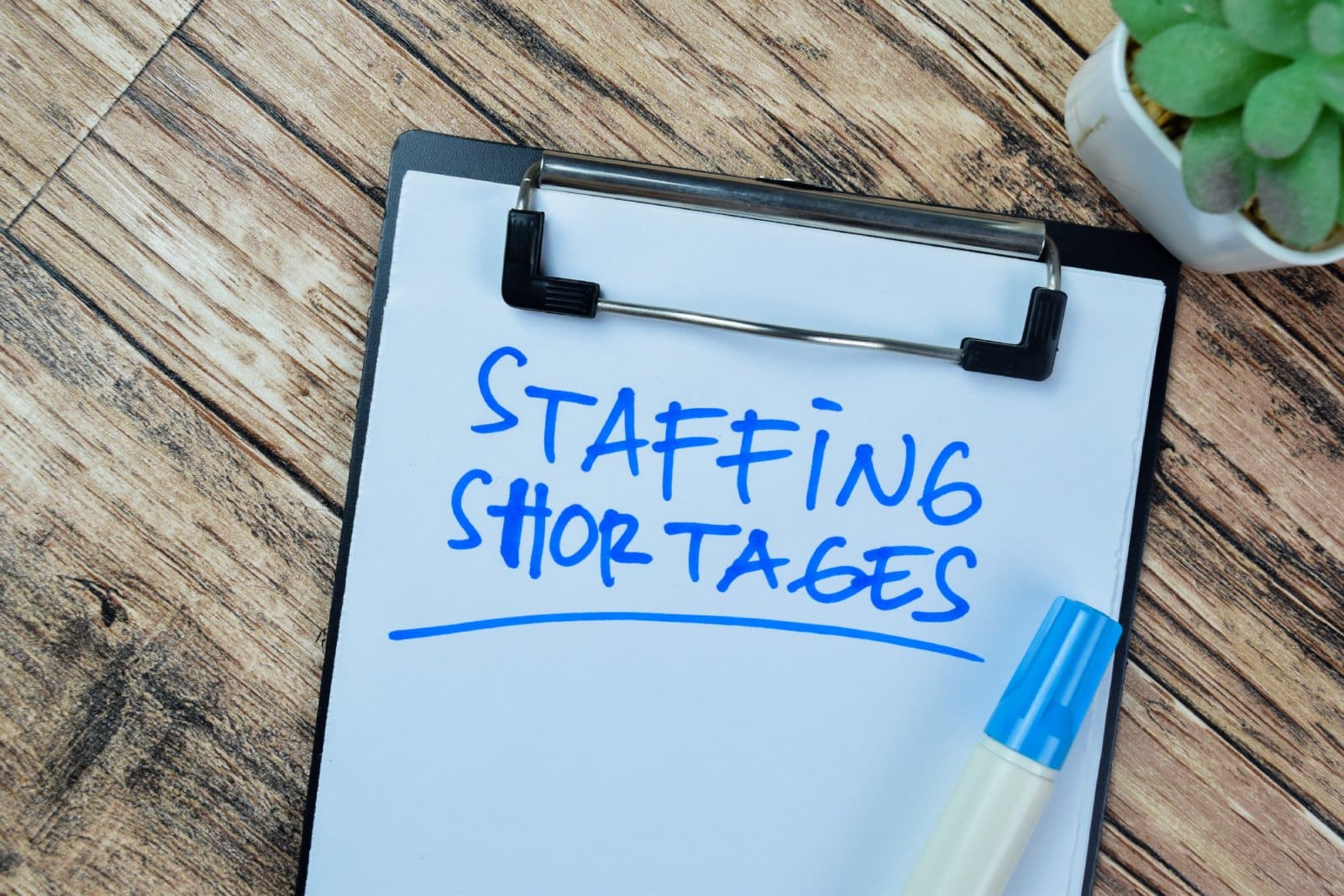
Restrictions on EU workers have led to labour shortages. Industries like agriculture and hospitality are desperate for staff.
7. Travel Hassles
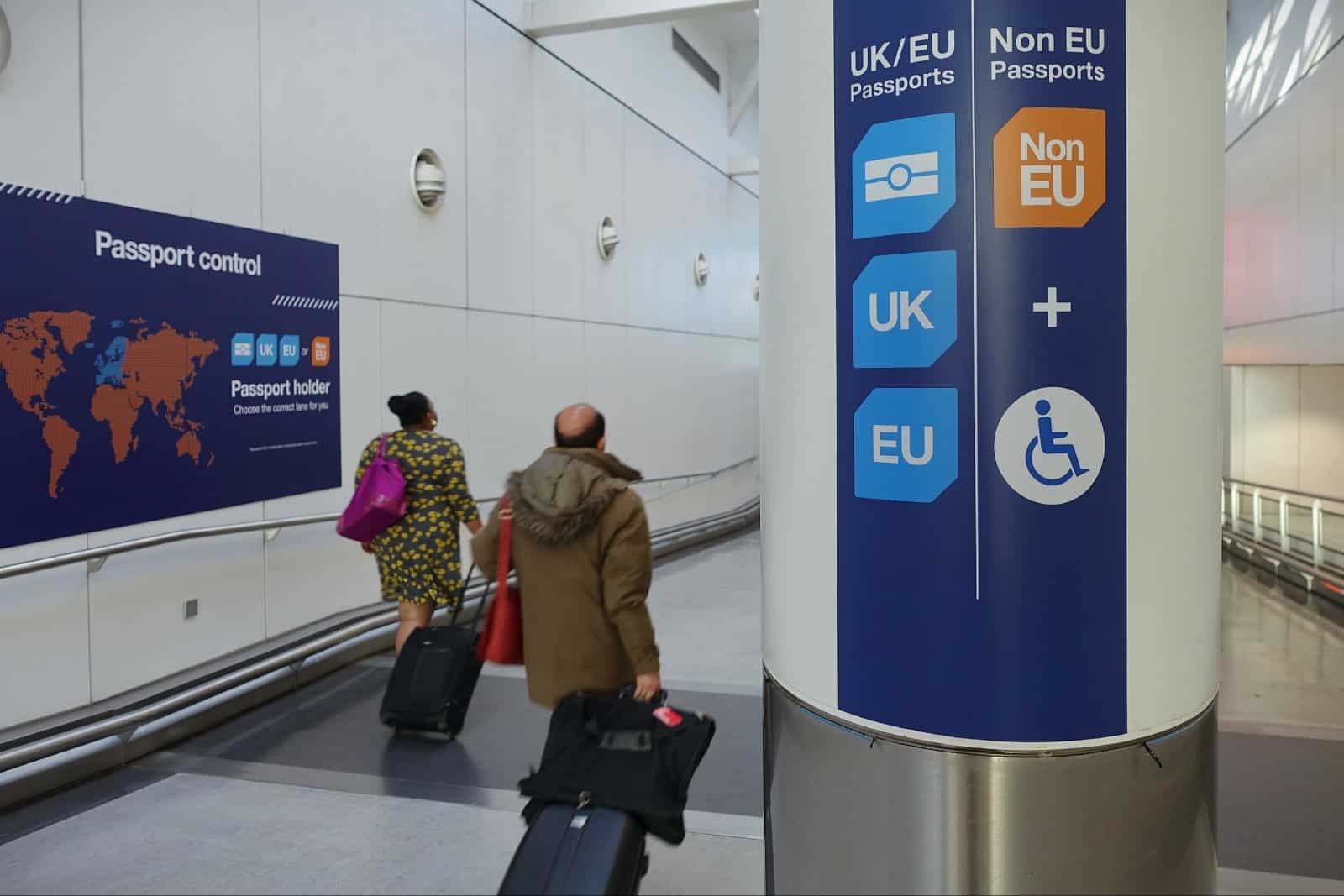
Travel to the EU has become more complicated and expensive. Longer queues, new visa requirements, and extra costs have made holidays a headache.
8. Loss of Research Funding

UK universities have lost significant EU research funding. This loss threatens our position as a global leader in innovation and science.
9. Northern Ireland Tensions
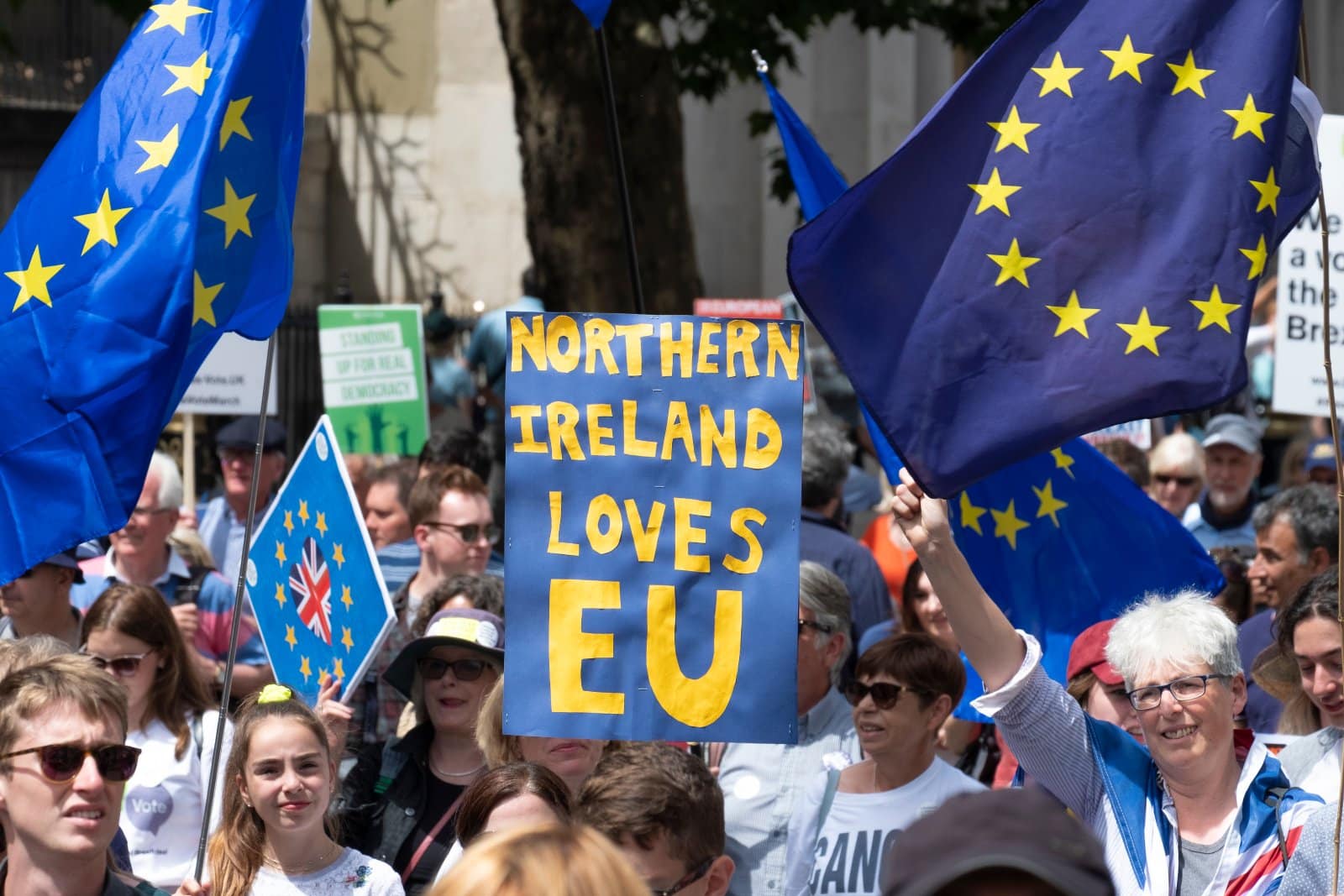
The Northern Ireland Protocol has reignited tensions. Trade checks between Northern Ireland and the rest of the UK are causing political and social unrest.
10. Financial Services Hit

The financial services sector has lost its easy access to the EU market. This has led to a decline in one of our most lucrative industries.
11. Fishing Industry Woes
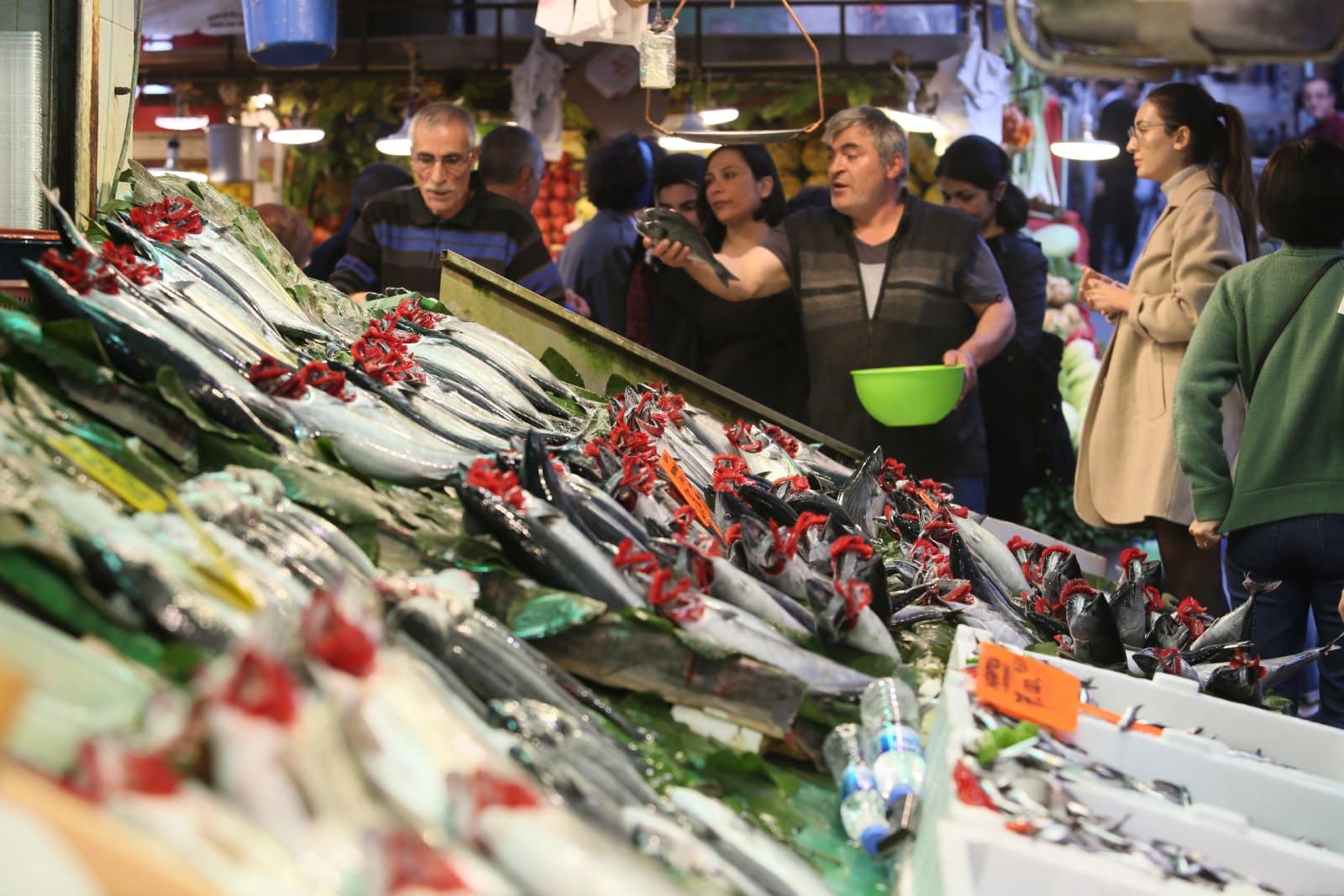
Promises to the fishing industry have fallen flat. Fishermen face red tape and reduced quotas, making their jobs harder than ever.
12. Talent Drain

Skilled workers are leaving the UK for better opportunities in the EU. This brain drain is weakening our workforce.
13. Higher Education Suffering

EU student numbers have dropped significantly. Our universities are losing diversity and crucial tuition fees.
14. Supply Chain Disruptions
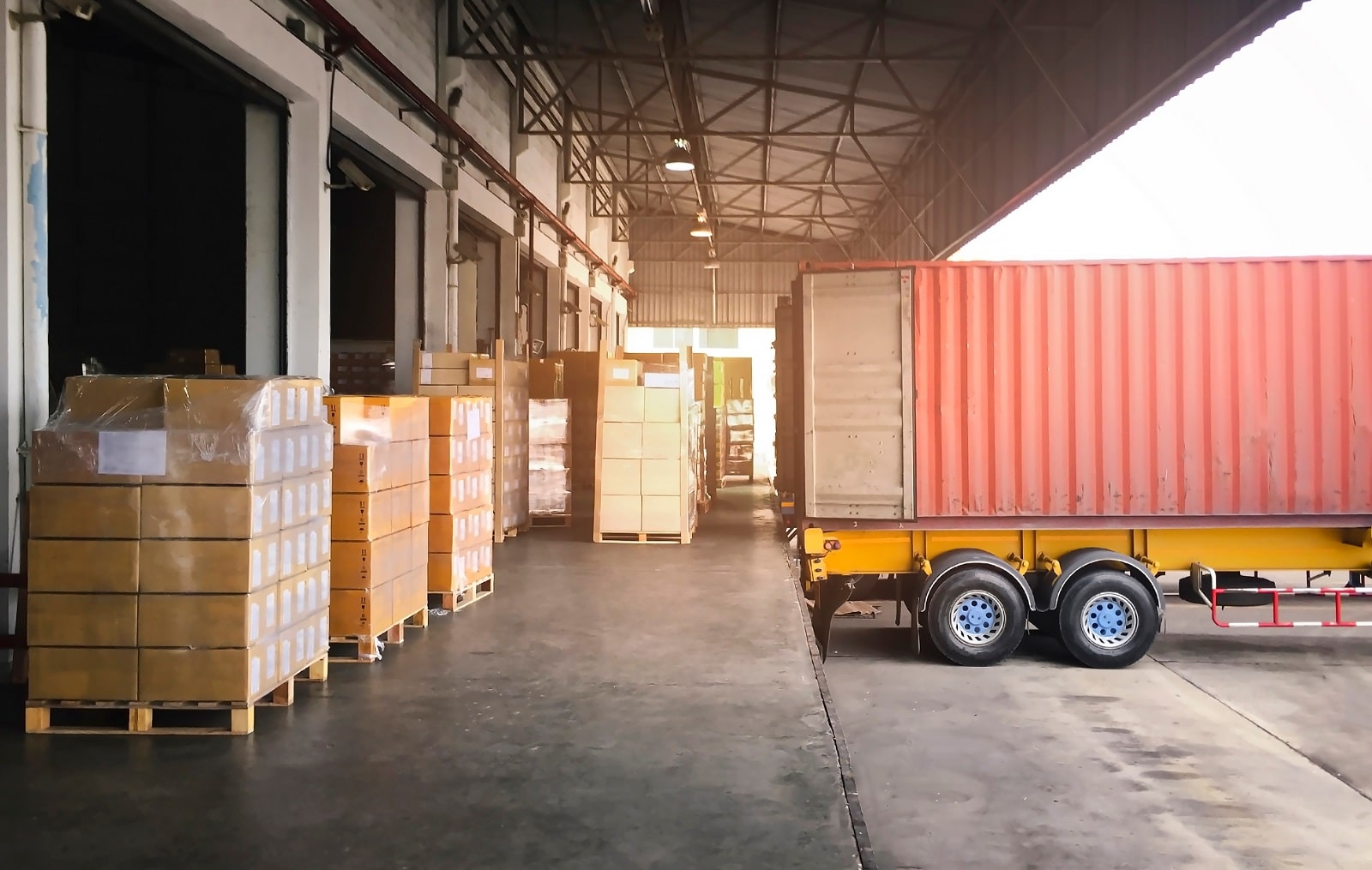
Supply chains are in chaos, with delays and shortages becoming the norm. Businesses and consumers alike are feeling the pinch.
15. Real Estate Market Decline

Brexit uncertainty has cooled the real estate market. Property values in some areas have stagnated or even dropped.
16. Loss of Influence
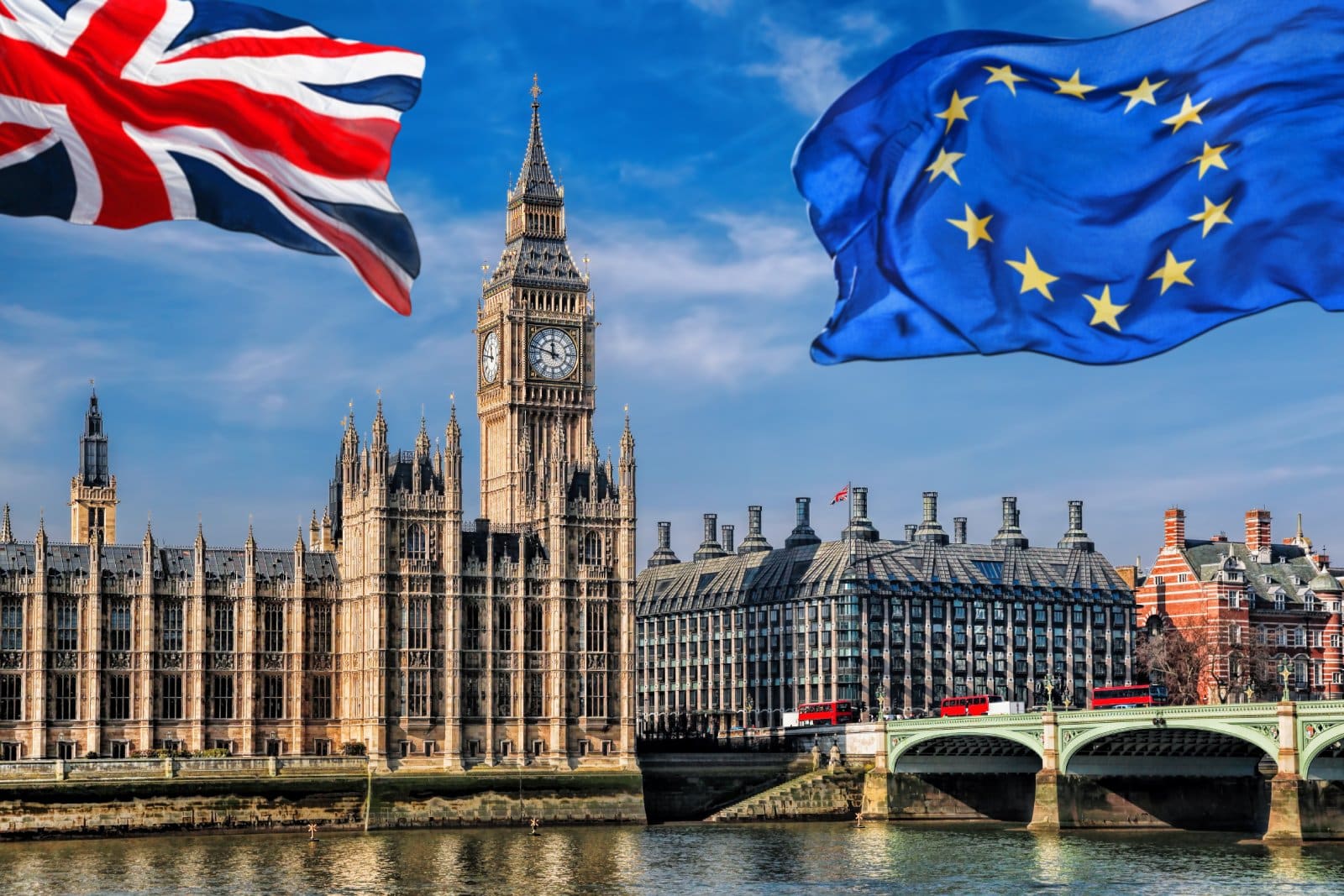
Outside the EU, the UK has less influence on global policy. We’ve lost our seat at the table in many crucial discussions.
17. Cultural Exchange Decline

Erasmus and other cultural exchange programs have been scrapped. Our young people are missing out on valuable international experiences.
18. Decreased Tourism

Tourism from the EU has declined, impacting our economy. Travel restrictions and a less welcoming atmosphere deter visitors.
19. Currency Fluctuations
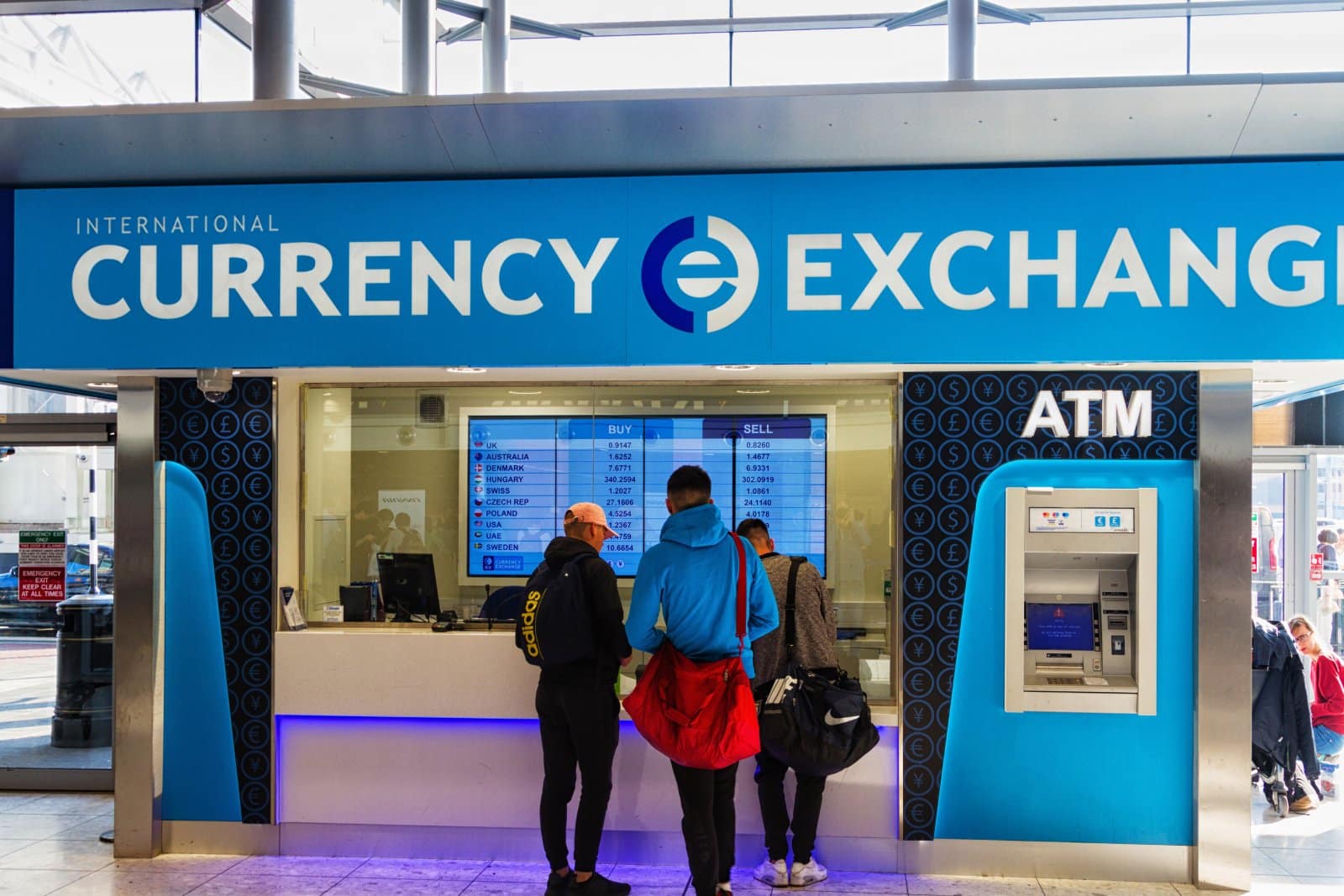
The pound’s value has become more volatile. This instability makes planning for the future more difficult for businesses and individuals.
20. Legal Uncertainty

Companies face legal uncertainty with different rules and regulations. This legal limbo is bad for business and innovation.
21. Erosion of Public Services

Public services are stretched thin, partly due to the economic impact of Brexit. Funding cuts and resource shortages are becoming all too common.
Facing the Fallout
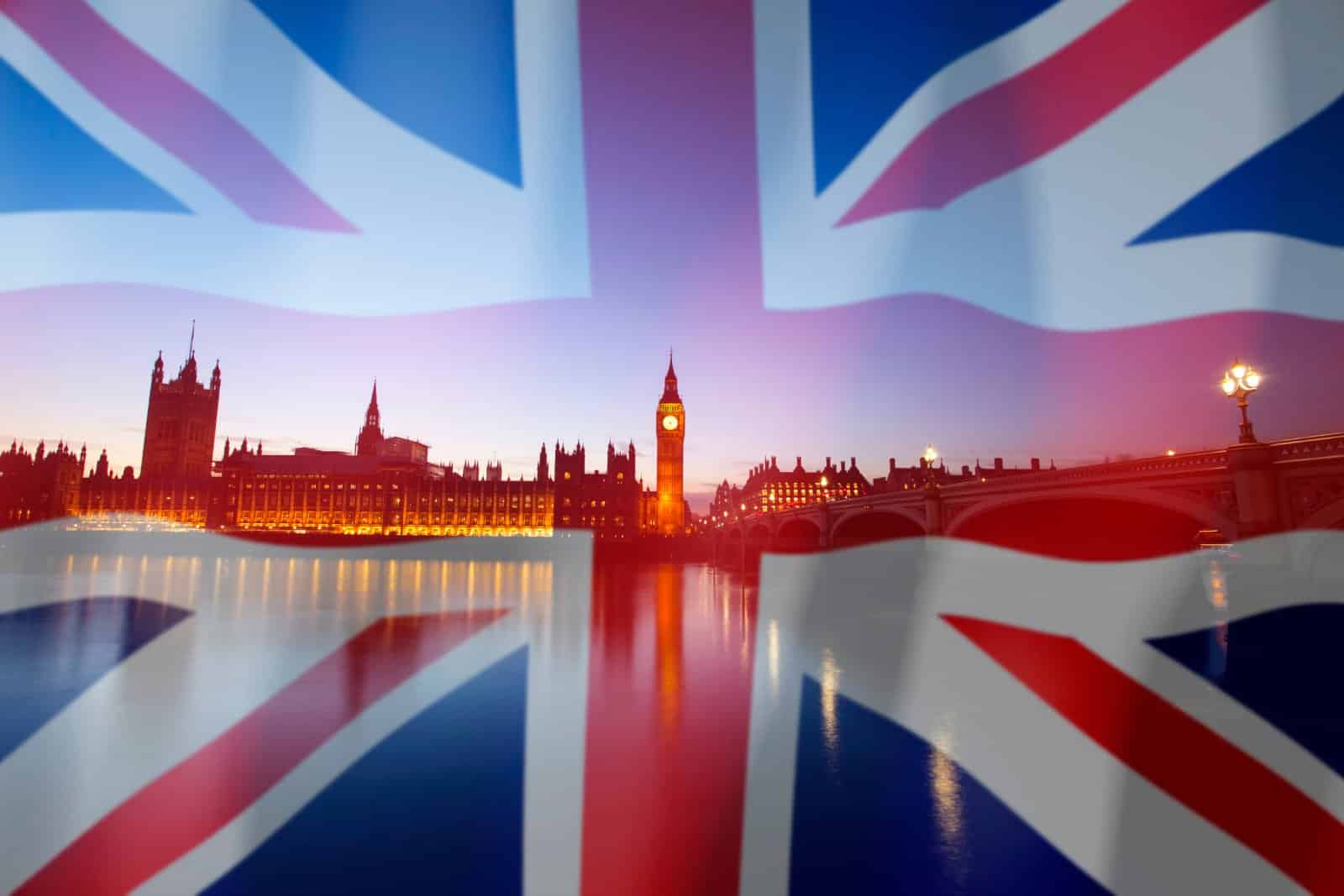
Brexit’s impact is undeniable and far-reaching. The promised benefits are elusive, while the costs keep mounting. Isn’t it time we took a hard look at the reality we’re facing?
Featured Image Credit: Shutterstock / Amani A.
For transparency, this content was partly developed with AI assistance and carefully curated by an experienced editor to be informative and ensure accuracy.

